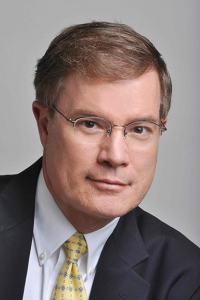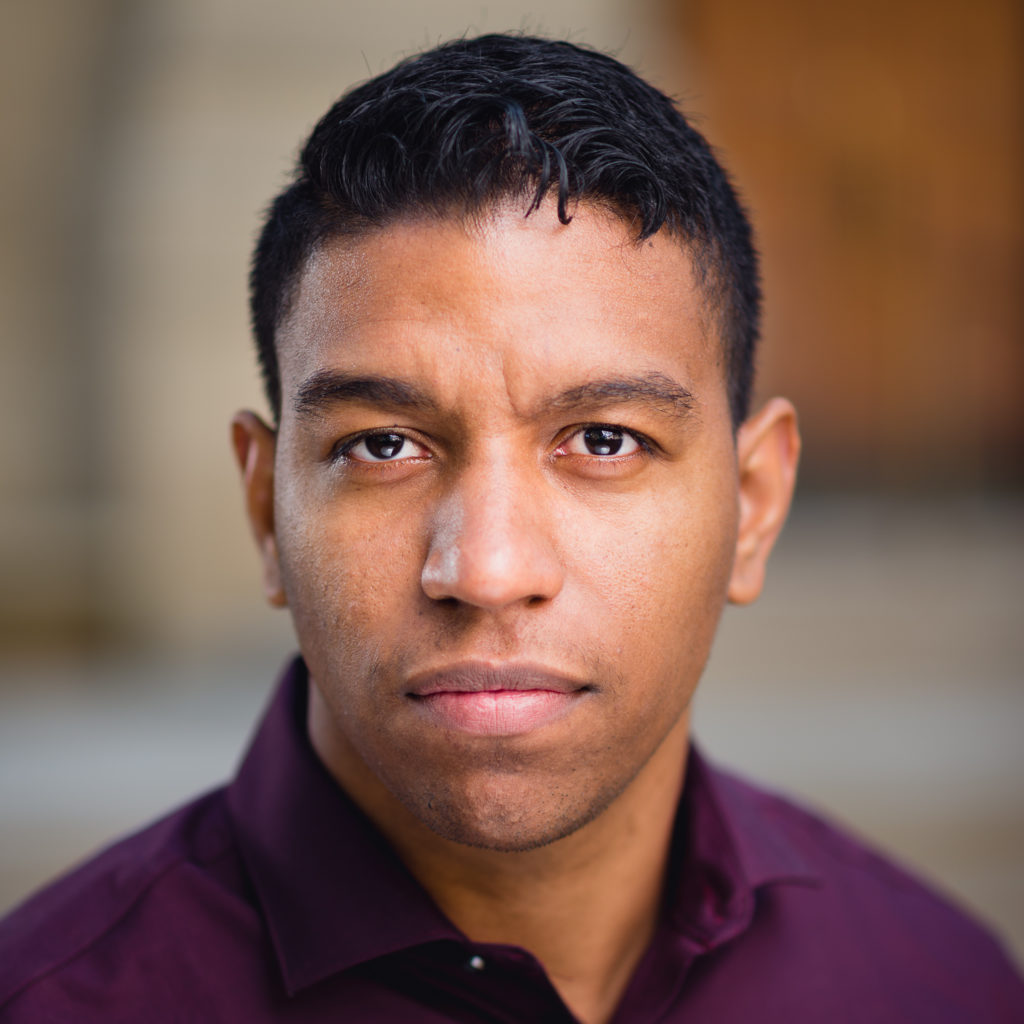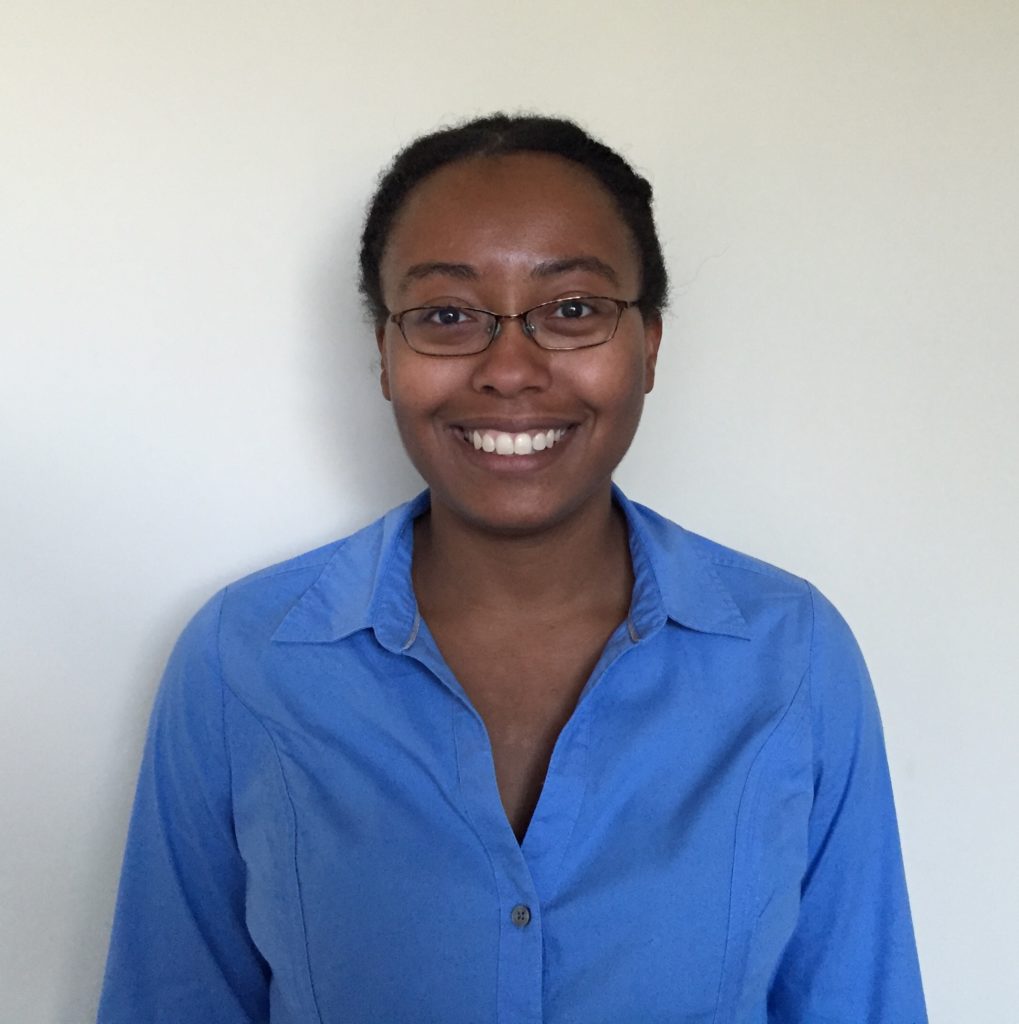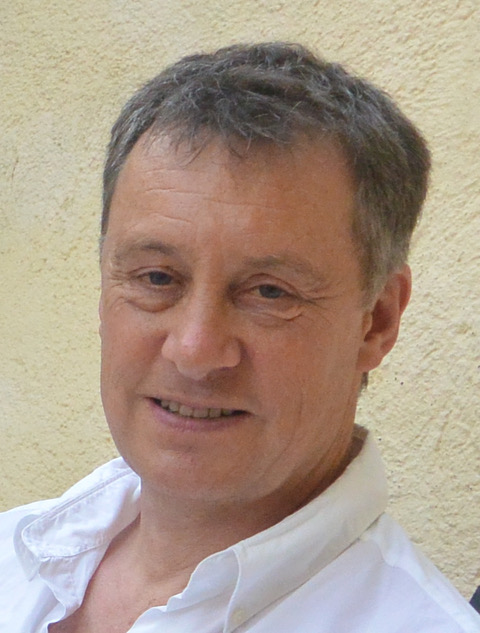Archive for April 2021
Professor Per Peterson selected to join the Nuclear and Radiation Studies Board
Professor Per Peterson Selected to Join the Nuclear and Radiation Studies Board April 30th, 2021 Professor Per Peterson was invited to be a member of the Nuclear and Radiation Studies Board (NASEM). The board oversees the National Academy’s studies in nuclear technologies and radiation health effects and has the responsibility to organize NASEM studies on safety,…
Read MoreIndividual Stories behind Fukushima Nuclear Tragedy
SPEAKER: Kazuma Obara Photojournalist DATE/TIME: FRI, 04/30/2021 – 3:00PM TO 4:00PM LOCATION: via zoom Spring 2021 Colloquium Series Abstract: Japanese photojournalist Obara will give a talk about individual stories of Fukushima Daiichi nuclear workers in Fukushima. Many aspects of the accident and working conditions forced nuclear workers to be silent after the accident. Workers became invisible from…
Read MoreChristopher Reis’ poster wins 2nd Place at the US-Japan Hawaii Symposium
Christopher Reis’ poster wins 2nd Place at the US-Japan Hawaii Symposium April 27, 2021 First-year graduate student Christopher Reis has won second place for his poster entitled Investigating the limits of high-temperature superconductors for high radiation environments with the US-Japan HEP collaboration, at the US-Japan Hawaii Symposium of the US-Japan Science and Technology Cooperation Program…
Read MoreFuel Cycle Needs to Support Advanced Reactors
SPEAKER: Christina J. Leggett, Ph.D. Nuclear Engineering Technical Consultant Booz Allen Hamilton DATE/TIME: FRI, 04/23/2021 – 3:00PM TO 4:00PM LOCATION: zoom Spring 2021 Colloquium Series Abstract: Now is an exciting time for the nuclear industry. Several advanced reactor designers are vying to enter the reactor market with a range of reactor designs, including molten salt…
Read MoreThinking differently about radiation damage: New methods of measurement using nuclear magnetic resonance.
SPEAKER: Ian Farnan Professor of Earth and Nuclear Materials in the Department of Earth Sciences, University of Cambridge DATE/TIME: FRI, 04/23/2021 – 11:00AM TO 12:00PM LOCATION: zoom Spring 2021 Colloquium Series Abstract: The effects of radiation damage are a constant source of concern in nuclear engineering. The need the need to achieve greater tolerance over…
Read MoreProtactinium Production in Leading Thorium Fuel Cycles
SPEAKER: Dr. Eva C. Uribe senior systems research analyst at Sandia National Laboratories DATE/TIME: FRI, 04/09/2021 – 3:00PM TO 4:00PM LOCATION: zoom SPRING 2021 Colloquium Series Abstract: Nuclear power from thorium fuel cycles is being explored around the world to extend uranium resource and to reduce the quantity of long-lived nuclear waste generated by civilian…
Read More




